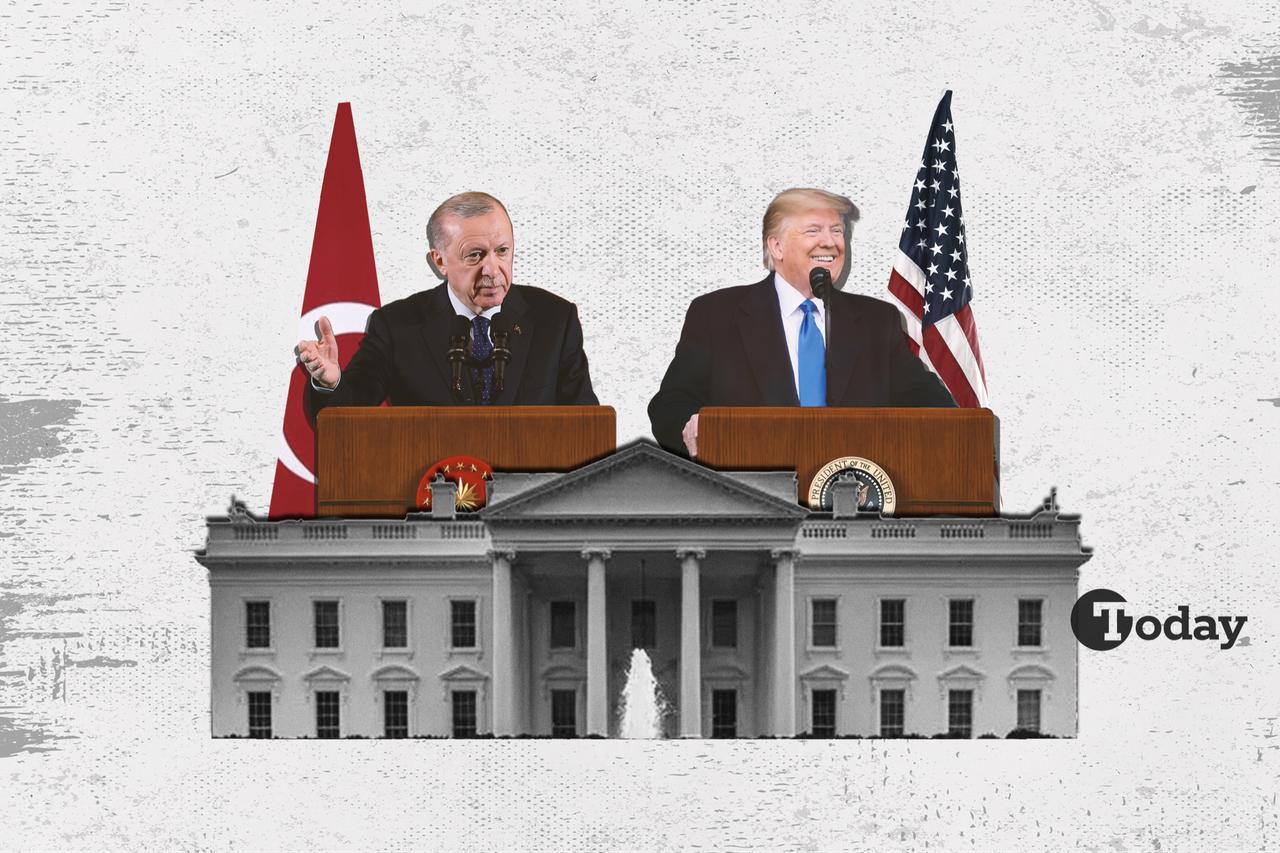
Thursday's White House meeting between President Recep Tayyip Erdogan and U.S. President Donald Trump was dominated by the positive personal chemistry between the two leaders. Yet beyond their rapport, Erdogan and Trump share a deeper convergence of interests in the Middle East.
Türkiye's vision of assuming regional responsibility dovetails with Trump’s strategy of delegating burdens to local allies. Nowhere is this more visible than in Syria. Trump recently lifted sanctions to allow regional partners to participate in reconstruction, a move that positions Türkiye as the key power Washington wants to work with. As a result, large-scale Turkish-American-Qatari investment projects in Syria are already underway.
Defense cooperation was also on the table. The meeting advanced discussions on Türkiye's procurement of F-35 fighter jets, though Trump reportedly has conditions for Erdogan before exercising his presidential authority to push the issue forward. Still, the fate of Türkiye's Russian-made S-400 air defense systems hangs over the matter.
Unless this dispute is resolved, U.S. senators will remain reluctant to approve Ankara’s return to the F-35 program. Trump’s tough stance on Turkish gas imports from Russia adds another layer of complexity for an energy-dependent Türkiye.
Both Erdogan and Trump are leaders who prefer to bypass traditional diplomatic channels in favor of personal dealmaking. In that sense, Erdogan’s visit not only improved U.S.-Turkish ties but also injected positive momentum into the Syrian file.
In Syria, Erdogan seeks American support for a security mechanism between Israel and Syria that could reduce the destabilizing impact of Israeli strikes. Ankara views Israel’s actions as undermining Syrian stability and weakening Damascus in its talks with the SDF.
The YPG, which dominates the SDF, is the Syrian branch of the PKK—a designated terrorist group that Türkiye regards as an existential threat. Building on the recent call by imprisoned PKK ringleader Abdullah Ocalan, Ankara supports a political settlement that would reintegrate the SDF into the Syrian state.
Judging by recent statements from U.S. Ambassador to Türkiye and Special Envoy for Syria Thomas Barrack, Erdogan and Trump agree on the need for the SDF to fully implement the March 10 agreement with Damascus by the end of 2025. In this sense, the White House meeting not only strengthened bilateral relations but also bolstered Syrian President Ahmad al-Sharaa’s hand in negotiations with the SDF.
The growing international legitimacy of Sharaa due to his attendance at the United Nations is another layer that may chance the calculus for the SDF and encourage them to implement the March agreement before it may be too late.